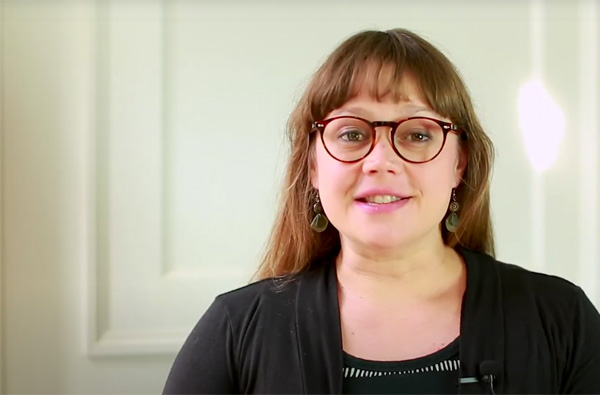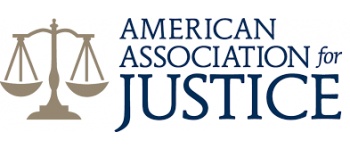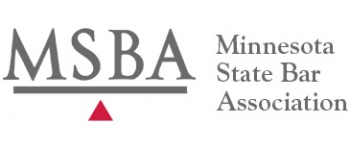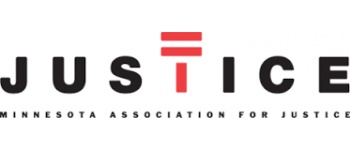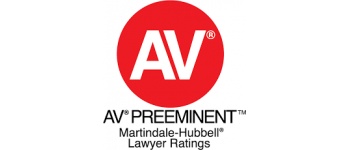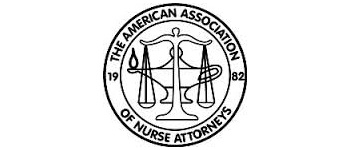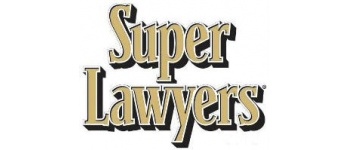Professional License Defense
Are you being accused of professional misconduct or under investigation by your licensing board? Below are answers to some of the many questions that you may have. We know how important your livlihood is to you and have over 10 years of experience defending licensed professionals in Minnesota.
You deserve to have an experienced professional license defense attorney in your corner.
Frequently Asked Questions
I have received Allegations against me from my licensing Board. Am I required to respond?
Yes. It is important to provide an appropriate and timely response to any written allegations that have been served against you by your Board. You should be very mindful about what you provide to the Board in writing, as all information you provide will become a part of the permanent record. You should consult an attorney before providing any response to your Board.
I just received Allegations and I do not have much time to respond. Can I get an extension?
Yes. The Board does not give licensee's much time to respond the Allegations against them and the Board will grant you an extension, if needed. Do not rush a response to the Board just to get it in on time. Anything you provide the Board should be done thoughtfully and pursuant to advice from an attorney.
I just received Allegations from my licensing Board. Should I inform my employer about the Allegations?
It is important to understand that during this phase of an investigation by your Board the matter is confidential and you are under no obligation to inform your employer about the allegations against you. However, there are some instances where you may wish to discuss the allegations with your employer. You should always seek advice from an experienced license defense attorney regarding whether or not you should inform your employer about the allegations against you.
Can I get a copy of the Board's file or the original complaint against me? Can I find out who filed the complaint?
No. This information in protected by the Minnesota Data Privacy Practices Act and remains confidential.
Once the investigation is closed, you are permitted to obtain certain portions of the Board's file, which they will provide to you upon written request. However, they will never disclose the identity of the complainant or provide you with a copy of the original complaint against you.
Is it really necessary to obtain a lawyer?
Your livelihood is one of the most valuable assets you have and you have worked very hard to obtain your license. You should be mindful that the mission of the Minnesota Licensing Boards is to protect the public, not the licensee (you). It is important that you take any allegations against your license seriously and answer them thoughtfully. An experienced license defense attorney can guide you through this stressful and complicated process, assist you with your written response, prepare you for your hearing, and help you obtain the best possible outcome. An Assistant Attorney General always represents your licensing Board throughout each proceeding: do not go it alone.
I have been called to appear for an investigative interview with an investigator at the Attorney General's office. Do I need a lawyer for that?
It is a good idea to obtain an attorney to accompany you to an investigative interview. This interview has been requested by your licensing board in order to gather more information from you regarding the complaint they have received. It is wise to retain an attorney who can speak with the investigator before the interview to find out more about what the interview will be about. Then, your attorney can help prepare you for the interview and accompany you at the interview. The interview will be recorded and will become a permanent part of the record regarding the investigation against your license. It is advisable to retain an attorney before giving any information to your licensing Board.
What are the possible outcomes of an investigation into my practice?
Possible outcomes include: 1) complete dismissal of the allegations; 2) discipline be issued against your license (below are some examples of types of discipline that may be issued); 3) suspension of your license for a period of time; 4) revocation of your license.
Types of discipline that may be recommended include: imposition of a fine, completion of additional education, requirement of ongoing supervision over your practice, limitation on the scope of your practice, or participation in the Health Professionals Services Program (HPSP).
What is HPSP (The Health Professionals Services Program) and should I self-report if I have a chemical dependency or mental health issue?
The Health Professionals Services Program is a professionally staffed, confidential program designed to monitor the treatment and continuing care of eligible, regulated health professionals. Just like your licensing Board, HPSP is designed to protect the public, not you (the licensee). You should consult with an attorney before self-reporting to HPSP, in order to ensure that it is the right option for you.
What should I do if I have a condition or illness that might impact my ability to practice?
If you have illness or addiction that may impact your ability to practice with reasonable skill and safety, it may be a good idea to take a leave of absence from your job in order to assess your ability to practice safely and to obtain any treatment or care you may need to ensure that you are able to do so. Pursuant to the obligations you have to the public and your patients, it is very important that you remove yourself from practice if you have a condition or illness that could negatively impact your practice or ability to practice safely.
What can I expect if I enroll in HPSP?
HPSP is a monitoring program. You can voluntarily self-report yourself, or, sometimes, your licensing Board may require that you do so as part of a discipline against your license. When you present to HPSP, you will be asked to sign a monitoring plan and participation agreement which empowers HPSP to supervise your practice, your mental health and/or your illness, condition, or addiction. Your Participation Agreement will likely be for a term of 1-3 years. If, for any reason, you fail to uphold the requirements of your Participation Agreement, HPSP has the discretion to discharge you from the program at any time. And, if you are discharged from HPSP, they will report that information to your licensing Board.
We recommend that you always consult with an experienced license defense attorney before self-reporting to HPSP.
Additional Web Resources for Licensed Professionals
- Nurses (RN, LPN, APRN) (Minnesota Board of Nursing)
- Doctors, Physicians, Physician Assistants, Acupuncturists, Athletic Trainers, Naturopathic Doctors, Respiratory Therapists, Traditional Midwives, and Professional Firms (Minnesota Board of Medical Practice)
- Psychologists (Minnesota Board of Psychology)
- Chiropractors (Minnesota Board of Chiropractic Examiners)
- Dentists, Dental Hygienists (Minnesota Board of Dentistry)
- Pharmacists and Pharmacy Techs (Minnesota Board of Pharmacy)
- Optometrists (Minnesota Board of Optometry)
- Counselors (LPC, LPCC, LADC) (Minnesota Board of Behavioral Health and Therapy)
- Therapists and Social Workers (LSW, LGSW, LISW, LICSW) (Minnesota Board of Social Work)
- Physical Therapists (Minnesota Board of Physical Therapy)
- Occupational Therapists (Minnesota Board of Occupational Therapy Practice)
- Daycare Providers (Minnesota Department of Health)
- Sober House License (Minnesota Department of Health)
- Home Care LIcense (Minnesota Department of Health)
- Veterinarians (Minnesota Board of Veterinary Medicine)
- Teachers (Professional Educator Licensing and Standards Board -PELSB)
- Speech-Language Pathologists and Audiologists (Minnesota Department of Health)
- Real Estate Broker, Real Estate Agent, Insurance License (Minnesota Department of Commerce)
- Architects, Engineers, Land Surveyors, Landscape Architects, Geoscientists, Interior Designers (Minnesota Board of AELSLAGID)
- Attorneys (Minnesota Lawyers Professional Responsibility Board)
- Accountants (Minnesota Board of Accountancy)
- Residential Building Contractors (Minnesota Department of Labor and Industry)
- Pilots (Minnesota Department of Transportation)
- Barbers (Minnesota Board of Barber Examiners)
- Cosmetologists (Minnesota Board of Cosmetology)


